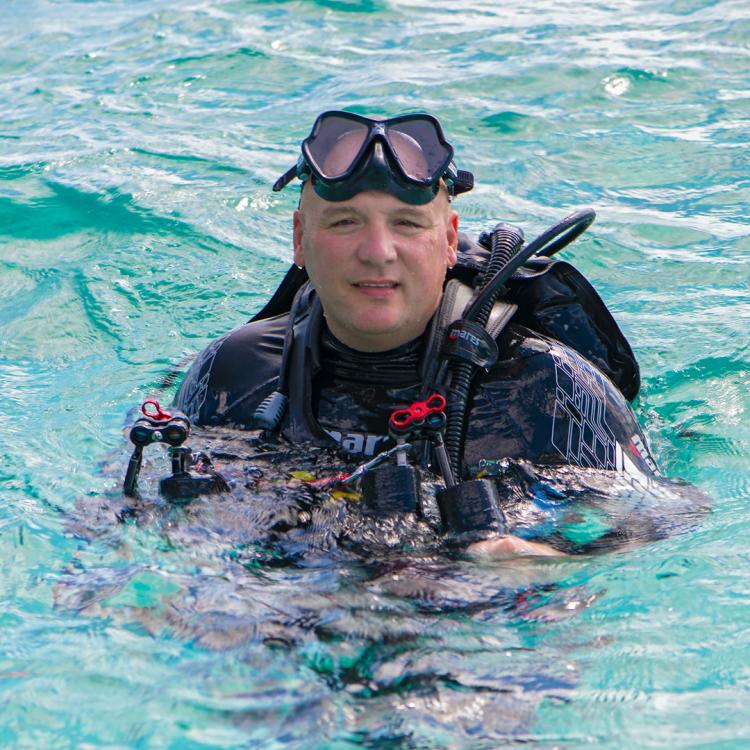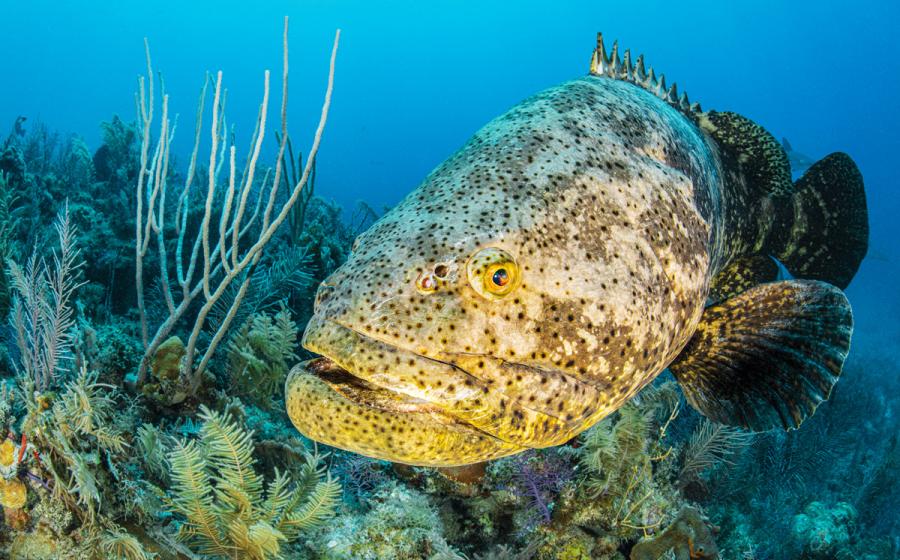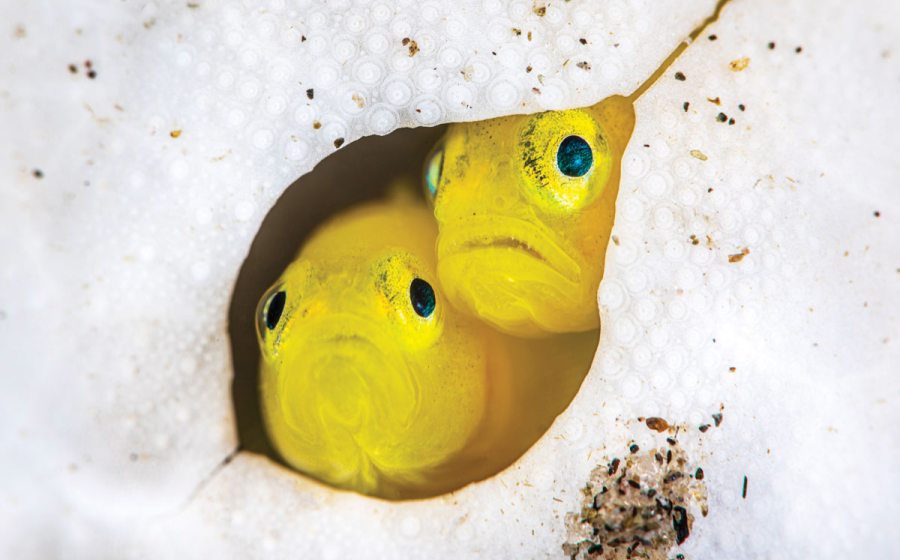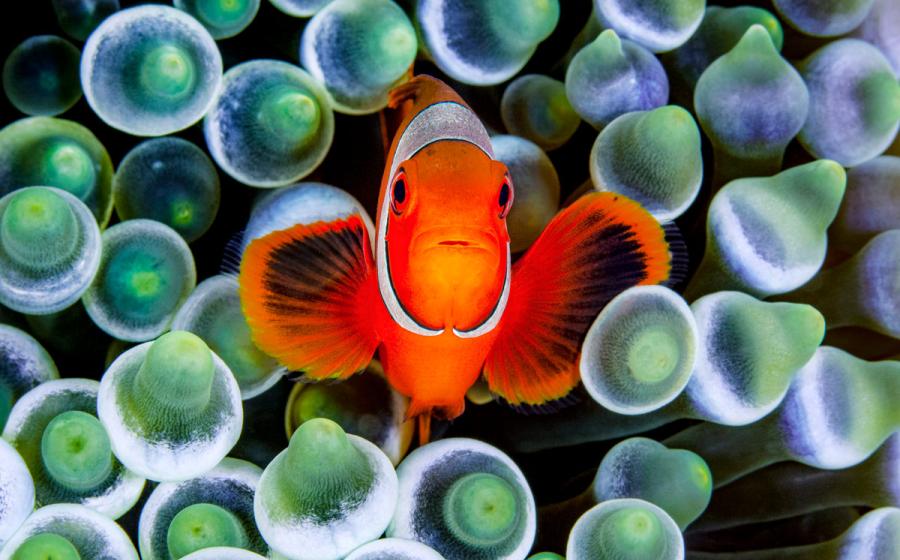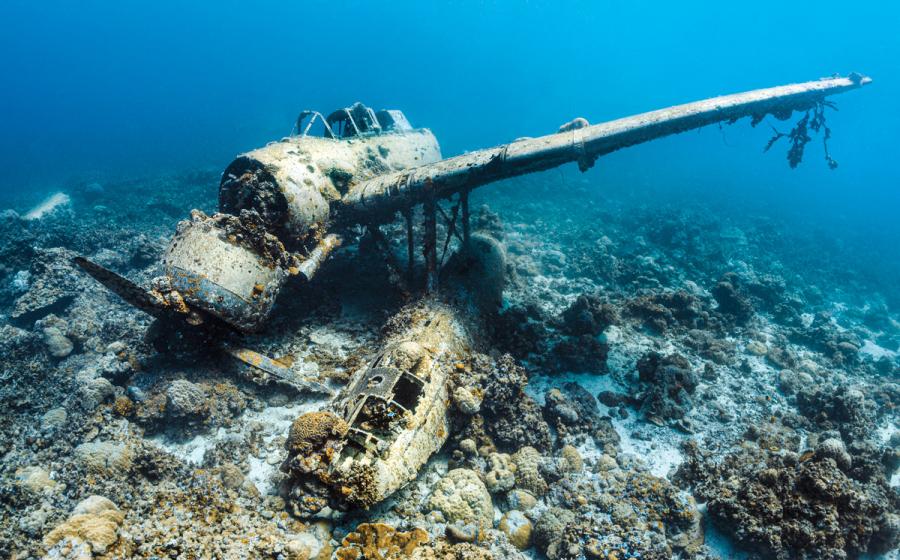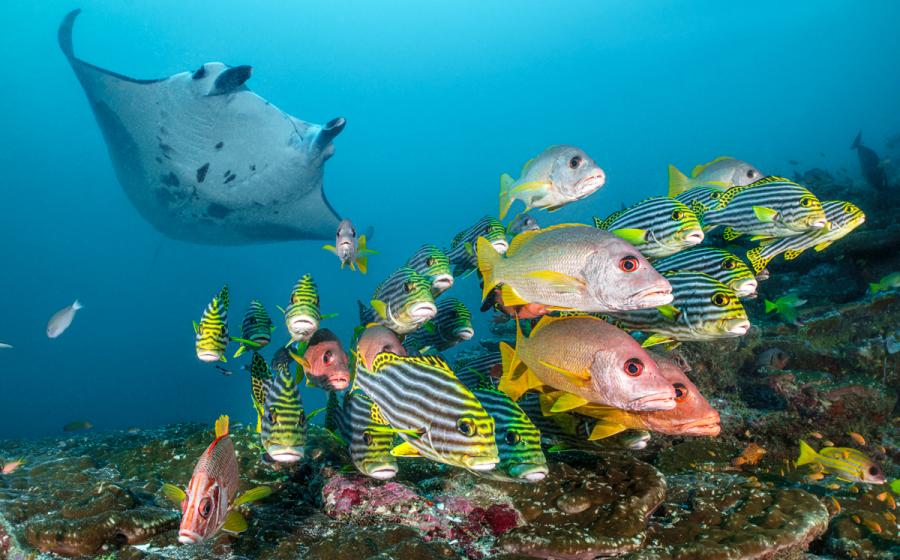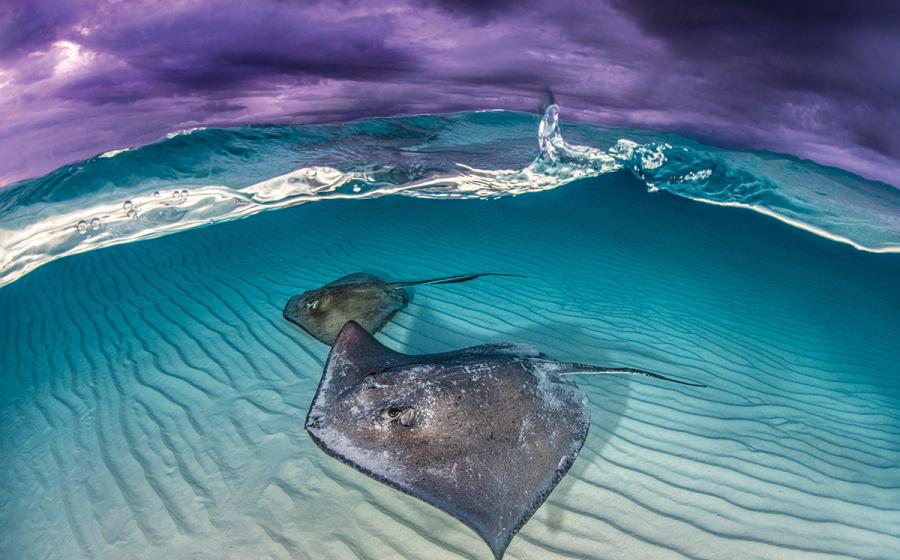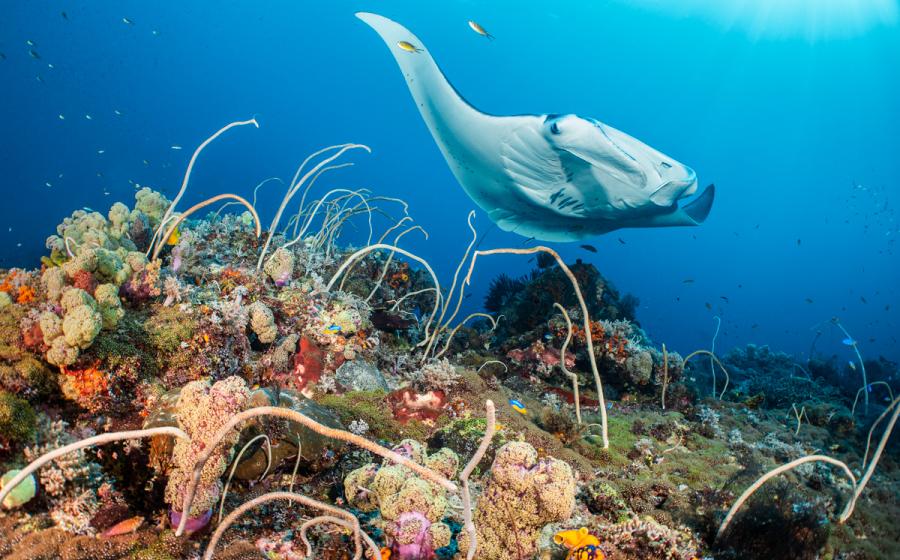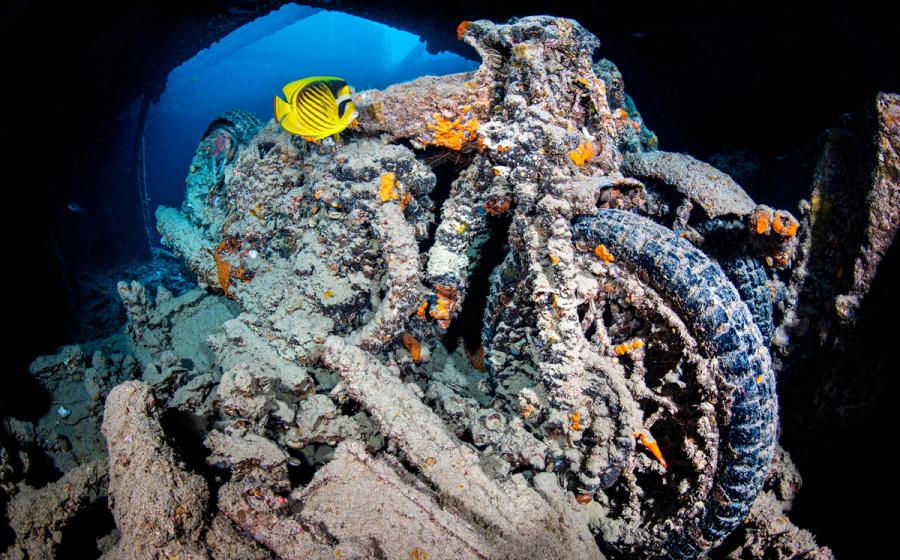Dr Alex Mustard has been widely regarded as one of the world’s leading underwater photographers for the last 20 years. He has a PhD in marine ecology and has received national recognition in the UK being made an MBE in the Queen’s Birthday Honours for ‘services to underwater photography' in 2018.
His photographs have won many awards including regularly in the Wildlife Photographer of the Year - being awarded in 9 different categories and appearing in 15 different books of winning pictures in the last 20 years. He is a founder and chair of the jury for UPY, the Underwater Photographer of the Year competition, and has been a committee member of the British Society of Underwater Photographers for the last 21 years.
Alex Mustard Articles
Groupers have been a favorite fish since the pioneering days of diving. Widespread in the tropics and subtropics, they are slow-moving, curious and intelligent, and many are highly colored. Their big eyes and rubbery lips give them a cartoonish charisma. Groupers are long-lived and can become so infatuated with divers that they follow them closely— much to the enjoyment of any shooter. Such big personalities deserve the best photographic treatment.
Fish are always on the move, darting in and out of focus. While portraits can be challenging, these tips will help you take photographs that truly stand out.
Clownfish can still win an underwater photo contest if you can create a standout image. Here's how to pull it off.
Underwater shutterbugs should prepare for wide-ranging conditions in this archipelago of plenty, from World War II wrecks to mantas.
This 10-mile stretch of sheltered water is a dream tropical destination for macro photographers.
The Maldives rewards the adaptable photographer, so packing a flexible wide-angle zoom lens and booking the right resort are some of the ways to maximize your trip.
The Cayman Islands present only opportunities to underwater photographers, which calls for a disciplined approach.
The challenge isn't finding what to shoot but keeping your focus to bring home the best images possible!
The Egyptian Red Sea is a dream combination of conditions and subjects for wide-angle underwater photography.

